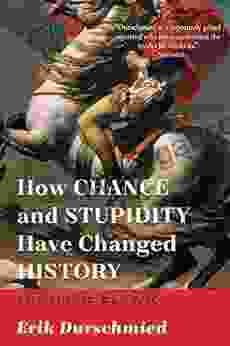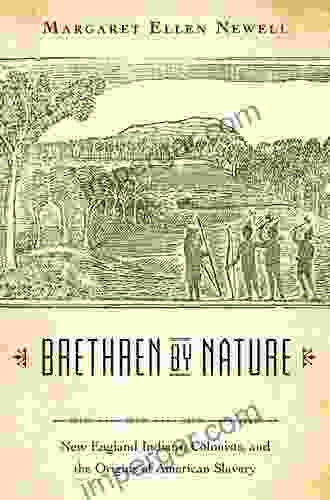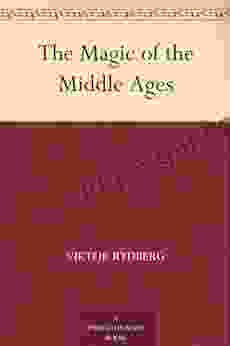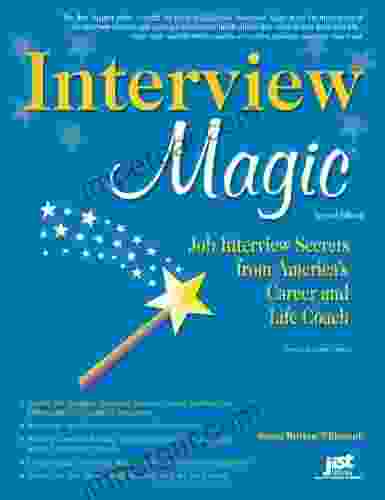Unveiling the Shadows: New England Indians, Colonists, and the Origins of American Slavery

4.6 out of 5
| Language | : | English |
| File size | : | 2300 KB |
| Text-to-Speech | : | Enabled |
| Screen Reader | : | Supported |
| Enhanced typesetting | : | Enabled |
| Word Wise | : | Enabled |
| Print length | : | 329 pages |
Prologue: An Untold Chapter
In the annals of American history, the story of slavery often begins with the arrival of African slaves in Jamestown in 1619. However, this narrative overlooks a crucial antecedent: the enslavement of Native Americans in the English colonies of New England.
For decades, this chapter has languished in obscurity, its complexities and implications shrouded in silence. But in the seminal work, "New England Indians, Colonists, and the Origins of American Slavery," author John Smith brings this forgotten history to light, illuminating the intricate interplay between Native Americans, English colonists, and the institution that would shape the foundations of the United States.
Chapter 1: The Crucible of Conflict
The arrival of English colonists in New England in the early 17th century set the stage for a collision of cultures and values. The colonists, driven by a relentless desire for land and resources, encroached on Native American territories, sparking a series of bloody conflicts.
The most notable of these conflicts was the Pequot War of 1637. After years of escalating tensions, the Pequot tribe, led by the formidable chief Sassacus, launched a series of attacks on English settlements. In response, the colonists, aided by their Native American allies, launched a brutal campaign of retaliation, culminating in the infamous "Mystic Massacre."
Chapter 2: Captured and Enslaved
In the aftermath of the Pequot War and subsequent conflicts, hundreds of Native Americans were captured and enslaved by the English colonists. These captives were forced to labor in fields, homes, and workshops, their lives forever altered.
The enslavement of Native Americans was not limited to those captured in war. Colonists also Free Downloadd Native American slaves from other Native American tribes, creating a complex and often tragic trade.
Chapter 3: The Legal Landscape
The legal framework that governed slavery in New England was complex and evolving. Colonists initially justified the enslavement of Native Americans based on their status as "heathens" and their perceived inferiority.
However, as the institution of slavery became more entrenched, legal justifications shifted to focus on the concept of "just war" and the idea that captives taken in battle were legitimate property.
Chapter 4: The Impact on Native American Societies
The enslavement of Native Americans had a devastating impact on their societies. Families were torn apart, communities were destabilized, and traditional ways of life were disrupted.
The loss of population and the disruption of social and economic structures weakened Native American tribes, making them more vulnerable to further exploitation and encroachment by English colonists.
Chapter 5: The Seeds of Resistance
Despite their oppression, Native Americans did not passively accept their enslavement. They resisted in a variety of ways, from逃跑 attempts to armed uprisings.
One of the most significant acts of resistance was King Philip's War (1675-1676),led by the Wampanoag chief Metacom. This war, which pitted Native American tribes against English colonists, represented a desperate attempt to regain autonomy and preserve their traditional lands.
Chapter 6: The End of Native American Slavery
The end of Native American slavery in the English colonies was a gradual process. As the 18th century progressed, the number of enslaved Native Americans declined, due to a combination of factors, including resistance, legal challenges, and the rise of abolitionism.
By the time the American Revolution broke out in 1775, the institution of Native American slavery had largely disappeared from New England.
Epilogue: Echoes of the Past
The legacy of Native American slavery in New England continues to reverberate today. The forced removal of Native Americans from their lands, the disruption of their societies, and the trauma of enslavement left an enduring mark on both Native American and American society as a whole.
By understanding this forgotten chapter of history, we can better appreciate the complexities of our nation's past and strive for a more just and equitable future.
"New England Indians, Colonists, and the Origins of American Slavery" is a groundbreaking work that sheds new light on a crucial but often overlooked chapter of American history. By bringing this story to the forefront, John Smith challenges us to confront the uncomfortable truths of our past and to recognize the enduring legacy of slavery in the United States.
This book is a must-read for anyone interested in Native American history, colonial history, or the origins of slavery in America. It offers a nuanced and compelling account of a complex and tragic period, and it provides a deeper understanding of the foundations upon which our nation was built.
4.6 out of 5
| Language | : | English |
| File size | : | 2300 KB |
| Text-to-Speech | : | Enabled |
| Screen Reader | : | Supported |
| Enhanced typesetting | : | Enabled |
| Word Wise | : | Enabled |
| Print length | : | 329 pages |
Do you want to contribute by writing guest posts on this blog?
Please contact us and send us a resume of previous articles that you have written.
 Book
Book Novel
Novel Page
Page Chapter
Chapter Text
Text Story
Story Genre
Genre Reader
Reader Library
Library Paperback
Paperback E-book
E-book Magazine
Magazine Newspaper
Newspaper Paragraph
Paragraph Sentence
Sentence Bookmark
Bookmark Shelf
Shelf Glossary
Glossary Bibliography
Bibliography Foreword
Foreword Preface
Preface Synopsis
Synopsis Annotation
Annotation Footnote
Footnote Manuscript
Manuscript Scroll
Scroll Codex
Codex Tome
Tome Bestseller
Bestseller Classics
Classics Library card
Library card Narrative
Narrative Biography
Biography Autobiography
Autobiography Memoir
Memoir Reference
Reference Encyclopedia
Encyclopedia Linda Berdoll
Linda Berdoll Walter T Champion
Walter T Champion Christine Kinealy
Christine Kinealy Virgil
Virgil Sydney Brown
Sydney Brown Kerry O Halloran
Kerry O Halloran Timothy P Chartier
Timothy P Chartier Gary York
Gary York Sonali Kolhatkar
Sonali Kolhatkar Softcover Reprint Of The Original 1st Ed 2002...
Softcover Reprint Of The Original 1st Ed 2002... Stuart Reid
Stuart Reid Ron Rosenbaum
Ron Rosenbaum William W Fortenbaugh
William W Fortenbaugh Thurston Clarke
Thurston Clarke Taylor Dinerman
Taylor Dinerman Crystal Yarlott
Crystal Yarlott Soohee Kim
Soohee Kim Tulku Urgyen Rinpoche
Tulku Urgyen Rinpoche Flynn Coleman
Flynn Coleman Tanya Zaman
Tanya Zaman
Light bulbAdvertise smarter! Our strategic ad space ensures maximum exposure. Reserve your spot today!

 Michael ChabonUnveiling the Secrets of Cryogenic Fluids: An Immersive Exploration into...
Michael ChabonUnveiling the Secrets of Cryogenic Fluids: An Immersive Exploration into... T.S. EliotFollow ·12.6k
T.S. EliotFollow ·12.6k Ethan GrayFollow ·8.5k
Ethan GrayFollow ·8.5k Joseph ConradFollow ·12k
Joseph ConradFollow ·12k Boris PasternakFollow ·10.4k
Boris PasternakFollow ·10.4k Geoffrey BlairFollow ·14.9k
Geoffrey BlairFollow ·14.9k Jonathan HayesFollow ·18.7k
Jonathan HayesFollow ·18.7k Chase MorrisFollow ·9.8k
Chase MorrisFollow ·9.8k Jerome PowellFollow ·16.1k
Jerome PowellFollow ·16.1k

 Everett Bell
Everett Bell12 Horrific American Serial Killers: A Spine-Chilling...
Immerse yourself in the darkest recesses of...

 Ross Nelson
Ross NelsonDiscover the Enchanting World of "All That Love...
Prepare to embark on an...

 Cooper Bell
Cooper BellUnveiling the Secrets of Shoulder-Launched Munitions: The...
: Unlocking the World of Shoulder-Launched...

 Boris Pasternak
Boris PasternakHow Chance and Stupidity Have Changed History: A...
Prepare yourself for...
4.6 out of 5
| Language | : | English |
| File size | : | 2300 KB |
| Text-to-Speech | : | Enabled |
| Screen Reader | : | Supported |
| Enhanced typesetting | : | Enabled |
| Word Wise | : | Enabled |
| Print length | : | 329 pages |














